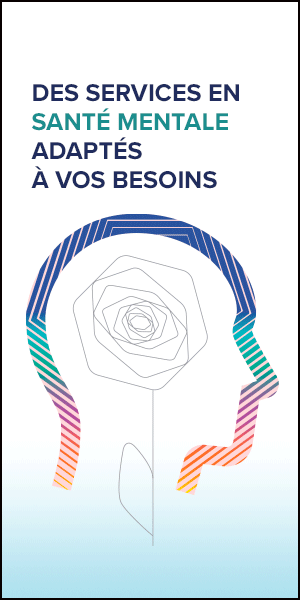English advocacy group hosts language commissioner, discusses misconceptions of Anglos
English advocacy group hosts language commissioner, discusses misconceptions of Anglos
The Regional Association of West Quebecers (RAWQ) hosted a presentation in Aylmer on June 18 that featured the Commissioner of Official Languages of Canada, Raymond Théberge. The RAWQ is a non-profit that supports the English-speaking community in the Outaouais.
Théberge opened the meeting with remarks about the current climate of official language relations in Canada, which he called one of elevated concern.
The evening consisted primarily of the presentation of a study by Dr. Robert Talbot, the research manager at the commissioner’s office, entitled “Building Bridges: Perceptions and realities about the English-speaking communities of Quebec and their relationship with French in Quebec and bilingualism in Canada”. The study consisted of surveys and focus groups about anglo and franco views Quebec’s English-speaking community, with a goal to dispel myths and misperceptions of the group as a whole.
“It is also notable that Francophones from the Montréal and Gatineau areas are more likely than those from the rest of Quebec to think that it is rare for English-speaking Quebecers to take an interest in French-language culture (61% vs. 51%),” the study points out.
In the study’s conclusion, it states that most English and French respondents agreed that these misconceptions are a problem and most believed increased visibility of English Quebecers embracing French culture would have a positive impact.
Despite the positivity expressed by Talbot and the study’s findings, the response from the audience during the question and answer period was not so rosy. More commentary than questions, the responses mainly spoke to the difficulties and discrimination felt by English-speaking Quebecers. One woman, who identified herself as an immigrant from Poland, said that she had difficulty understanding Quebecois and said it wasn’t “proper French”.
Another attendee worried about access to health care services in English.


